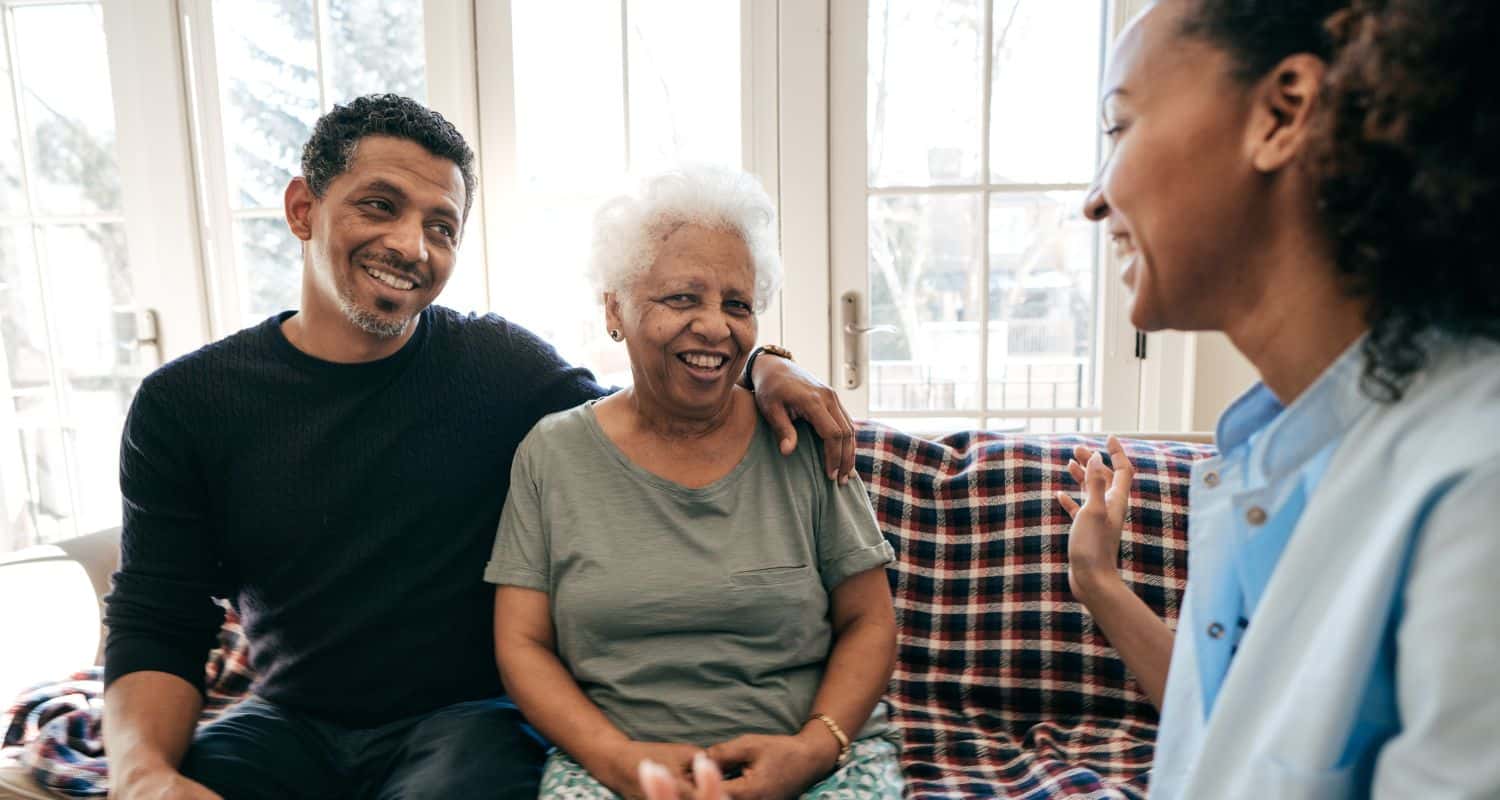
Do you have a loved one you care for who lives in a nursing home? This may have been a difficult choice at first, but now you know that you’re the person you love who has the around the clock care they need which in truth requires an entire staff of people. Now that they are there, however, there are several things you can do to ensure that they have the best quality of life possible.
Hearing loss is one of the most common health conditions that older adults experience. One in three people, 65 and older, deals with some degree of hearing loss and this number jumps to 50 percent of all people 75 and older. With this in mind if you haven’t already had your loved one’s hearing tested for hearing loss it is essential.
Support Hearing Loss Treatment
Many people underestimate the importance of treating hearing loss. However, it’s an essential sense which helps increase the quality of life for the senior you love. First, it’s a communication issue allowing your loved one to connect to the people in their life. One of the greatest benefits for senior nursing homes and living centers is that your loved one is in proximity to other people close in age. This allows them to access communities in a way that they may not have been able to access previously due to the necessity to drive mixed with decreased mobility. However, when hearing loss goes unaddressed your loved one may find it difficult to access community and entertainment programing such as performances and classes provided by the facility. In addition, your loved one will find it easier to communicate with the staff, nurses and doctors which means they can advocate for what they need with greater ease.
With hearing aids, not only will your loved one find it easier to socialize but it will also allow them to stay in better health. More sociability means higher rates of activity, more cognitive stimulation and improved sense of surroundings adding to more confidence and reliability when it comes to mobility. Addressing a hearing loss directly reduces the risk of developing health concerns such as cognitive decline, depression, and accidental injuries.
Make Sure Hearing Aids are Used
Once you’ve tested for hearing loss and have invested in a pair of hearing loss which will not only support their individual needs around hearing but also is best for their lifestyle, keeping any other health concerns in mind, you are going to have to encourage your loved one to wear them. Hearing aids only work if you use them. Because you are not around them every day you can’t personally remind them. A habit must be established in order to ensure that hearing aids are put in everyday, first thing in the morning. This will allow your loved one to be ready to communicate and prepared for anything that comes their way.
So how do you help your loved one develop a habit around hearing aids? Here are a few methods many have reported as being effective:
- Make sure they feel familiar with their device and how it works.
- In the beginning give them a call everyday to remind them.
- Establish a routine around hearing aids which includes storing them in the same place every night so you know where they are. For those with a rechargeable battery the charging port is a great reliable spot.
Communicate with the Staff
You can’t always be there with your loved one so it’s time to develop a relationship with the people who will be. Let the people who regularly care for your loved one know that they wear hearing aids. Explain to them that wearing their hearing aids is essential to their emotional, cognitive, and physical health and identify a system around hearing aid use. If the staff schedule seems to be constantly changing, try putting up notes in the room with directions for the staff around hearing aid use.
Some routines around hearing aids include aiding your loved one in cleaning them at the end of every day to clear away earwax and make sure they are properly charged so they are ready to go first thing in the morning. You may also label both hearing aids so if they fall out or become misplaced, they can be easily returned to your loved one.
Hearing loss changes over time. Even if your loved one is using hearing aids, it’s still recommended that you attend annual hearing exams. Schedule the next one with us today.
